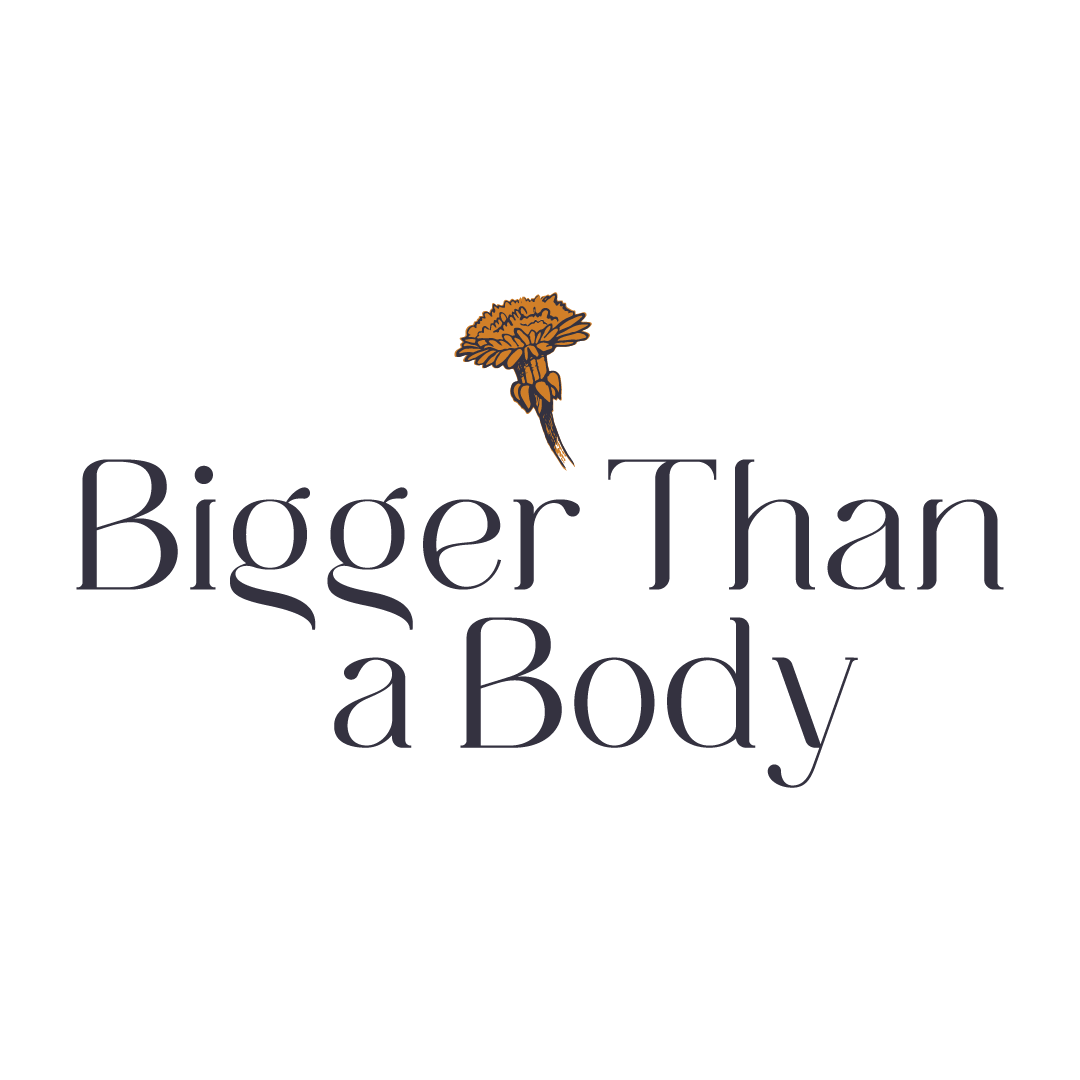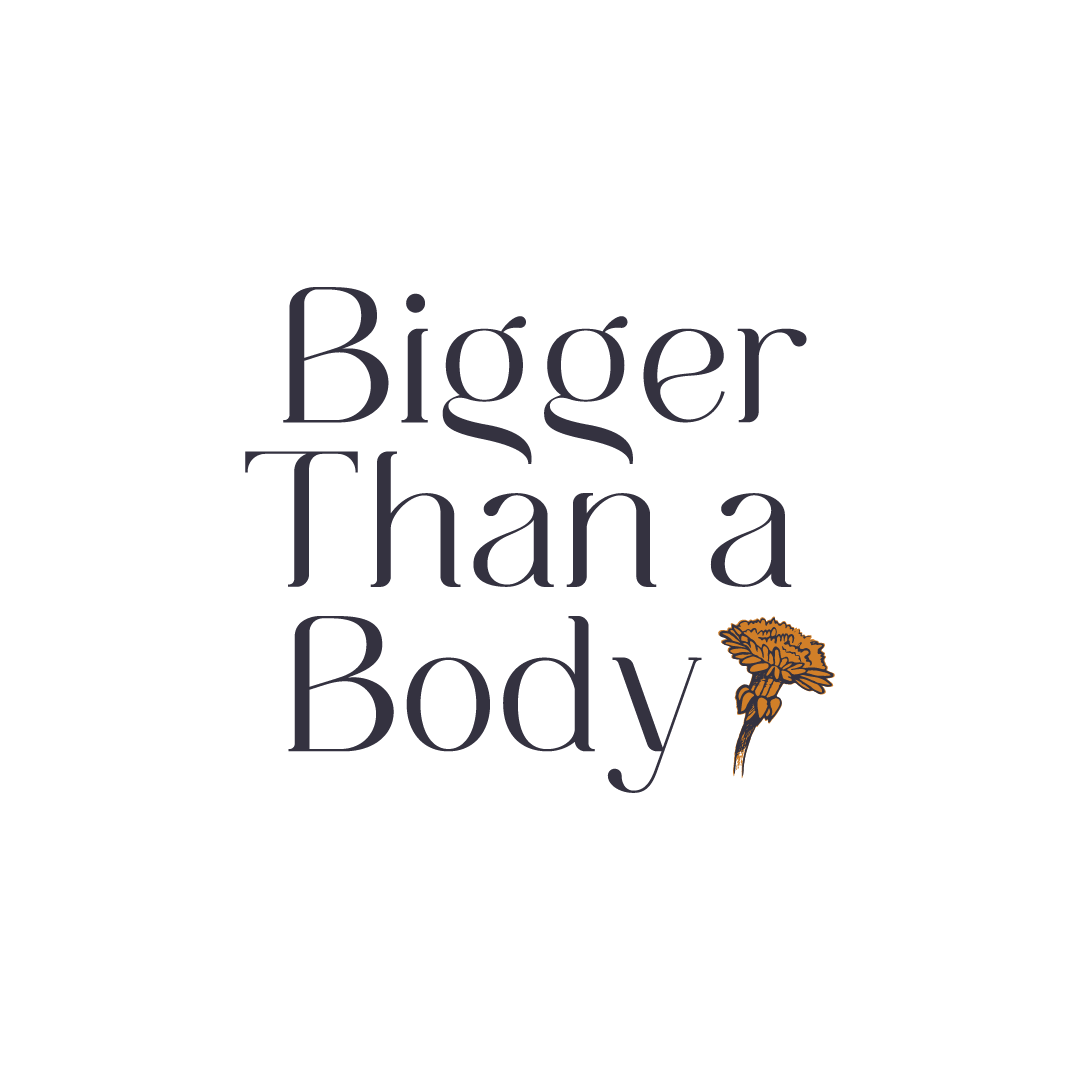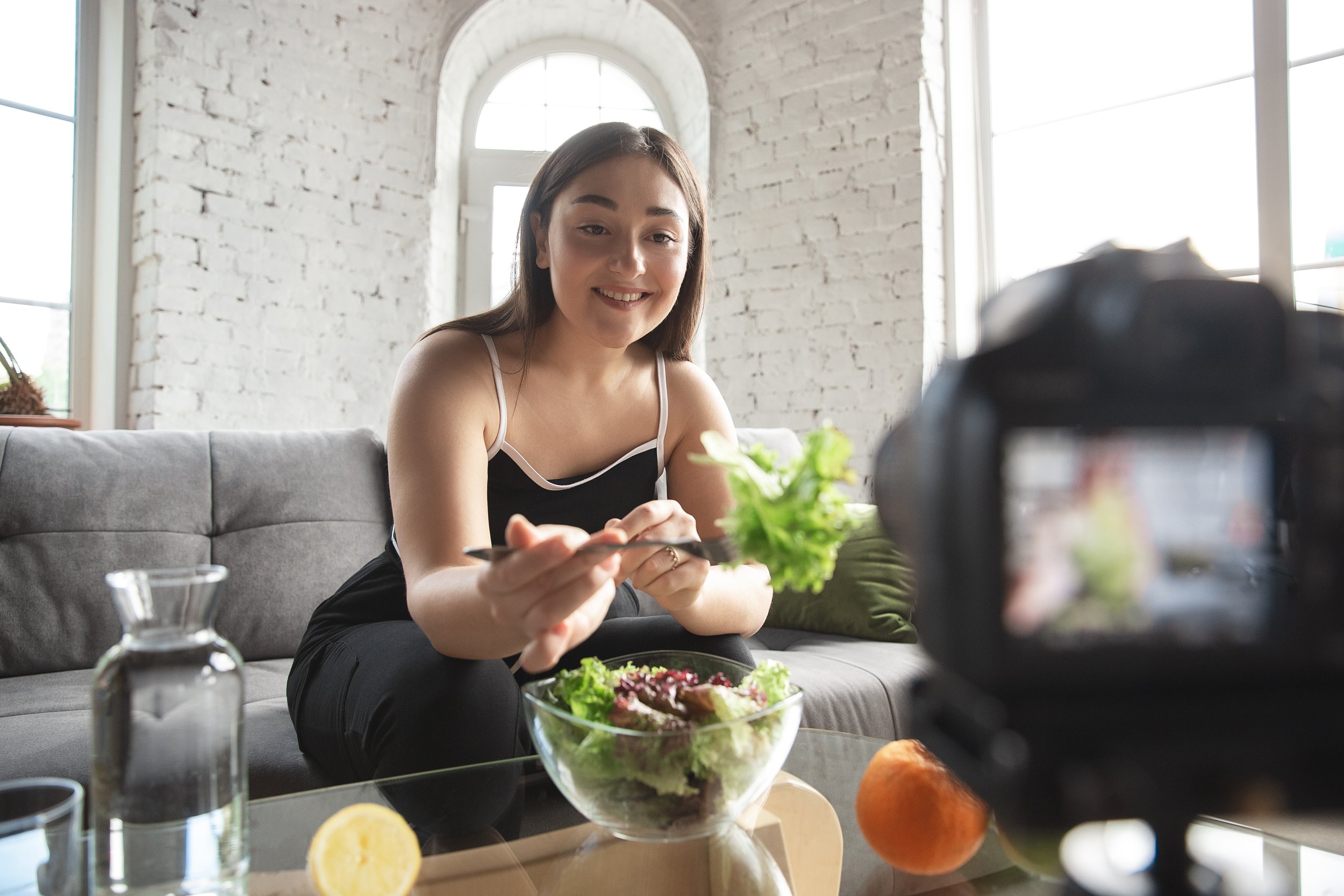Why Influencers (Seriously) Need to Stop Posting “What I Eat in a Day” Content
They might be benefitting from it, but are you?
Photo by master1305 on Adobe Stock.
To some extent, we’re all victims of a diet-ridden, image-centric society. What sets some of us apart from others, however, is whether we choose to buy into — or even profit from — that construct.
Open up your TikTok or Instagram feed, and you’re beckoned to stumble upon a nutrition, fitness, or even eating disorder recovery influencer showcasing a #WhatIEatInADay video.
It doesn’t end there, though. For years, major magazines and online publishers have released articles that reveal celebrities’ eating routines and guidelines.
Fortunately, an onslaught of content has recently come out to confront the harmful effects of the #WhatIEatInADay or #EverythingIEatInADay trend. In addition to anti-diet culture influencers, notable publications like HuffPost, Well+Good, and Psychology Today have also voiced concerns.
Despite the pushback and skepticism of influencers disclosing to the world what they eat in the day-to-day, this content hasn’t gone anywhere and likely won’t anytime soon.
My aim is to further spread various points made by fellow #WhatIEatInADay opposers, as well as shed light on some less talked about ones. Should you choose to watch these videos (as they can be so tempting), hopefully you’ll do so feeling a bit more informed and discerning.
They’re usually looking out for their bottom line — not for you.
Every time you watch, read, like, comment on, or share a piece of content, the creator of that content gets something from that engagement.
They get a cut each time you use their affiliate link or promo code for some food product they’re sponsoring.
They get a revenue share for each view their post gets because it was created in partnership with some trendy food brand.
They get an instant $3,000 deposit to their bank account when you sign up for their 60-day body transformation course. (Side note: Anyone who pitches a program with guaranteed results related to your body is a glaring red flag).
If nothing else, they’re getting your attention — your validation that they’ve figured something out that you haven’t.
Irrespective of whether they regularly eat this way or not, they send the message that how they’re eating now is ideal — and that if you want to look like them, “this is all you have to do.”
I’m not trashing creators — I’m one myself! But anytime someone suggests you lead a carbon copy version of their lifestyle, ask yourself if that’s really the best thing for you or for them.
No two bodies are the same.
If the influencer is showcasing what they eat in a day to convince you that eating that same way will give you a body like theirs, tap out of that video immediately.
We all have unique genetic and biological compositions. Two people could eat the exact same diet day in and day out, and their bodies would still look different.
What’s more, influencers don’t know your any possible allergies, intolerances, or medical diagnoses that affect your diet. Your personal MD or dietitian who’s spent ample time examining and speaking with you is the only one who should be guiding your food intake.
No two lives are the same.
I recall watching an “Everything I Eat in a Day” video years ago when I was in eating disorder treatment (not my wisest choice). The influencer behind the post was a professional, pseudo-celebrity tri-athlete.
Many followers commented on how much food this ultra athlete was eating, but, as someone working hard to adequately nourish my body and honor my hunger and food cravings, I had the opposite reaction. I thought, “Considering how much she exercises, I can’t believe she isn’t eating more.”
It made me question how much I was eating. I ended up temporarily backsliding in my recovery by denying my hunger cues and abstaining from certain foods or food groups.
I’m in no way implicating anyone for the slips I experienced in my eating disorder recovery, but the whole point of these videos is to “educate” or “influence.” I’m not the only person who’s watched them and then made modifications to my diet that don’t serve my own unique needs.
The point being, you shouldn’t compare what you eat to anyone, let alone a professional athlete whose life you only see glimpses of through a screen.
No two bank accounts are the same.
Many of the foods these influencers tout are high-dollar commodities available only online. They’re shipped to your door in beautiful packaging covered in images of seemingly happy people who often fit the mold of Western beauty ideals.
With your one-time promo code, you’re still paying $32 for six baby breakfast sandwiches that taste sub-par and leave you unsatisfied. You’re now trying to decide if you should continue dishing out the dollars to eat like @KillerWorkoutsWithKailey (not a real account; making shit up) or spare yourself the money you feel guilty for spending on trendy food.
Have some real talk with yourself not only about the feasibility of consistently buying these food products but also if they’re truly worth the investment.
They can provoke disordered eating and affect mental well-being.
Many of the celebrities and influencers sharing “What I Eat in A Day” content sometimes present themselves as following very rigid dietary guidelines. Odds are, this is not their everyday reality or, if it is, they may have their own issues with the food they’re not fully aware of or willing to disclose.
Irrespective of whether they regularly eat this way or not, they send the message that how they’re eating now is ideal — and that if you want to look like them, “this is all you have to do.”
That message is very influential (hence why these creators are dubbed “influencers”). You buy into it, despite the complete, overnight 180 it poses to your normal lifestyle and food intake.
It can leave you feeling hungry, deprived, constipated, tired, moody, confused, inauthentic, or discouraged because no matter how “good” you are, you still don’t look like Kate Hudson. This is a form of disordered eating and the negative effects it can have on your mental health.
Are “What I Eat in a Day” creators intentionally evil?
I’m going to give a bit of grace to the earlier creators behind “What I Eat in a Day” or “Everything I Eat in a Day” content. I don’t think all of them realized the implications of sharing their food intake with the world, especially if they did so in response to follower demand.
But with all the pushback in the last couple of years, anyone still creating this content is turning a blind eye to the harm they could be causing in a world rife with negative body image and eating disorders.
At the very least, influencers posting content related to their daily food intake need to caveat they aren’t qualified to give out dietary advice — that this is just a glimpse into one day of their life, and that viewers need to speak with a specialist before making any significant changes to diet or lifestyle.
Is there any place for influencers to share what they eat — and for you to watch or read it?
Content creators have every right to post examples of foods they eat. In fact, it’s awesome when an influencer posts about eating pizza, tacos, or a decadent dessert and not referring to it as a “cheat day” or “stress eating.” This sends the message that food is joy, connection, and experience, and that we all deserve to bake our cake and eat it too. And that is content worth sharing and consuming.
As the receiver of this “information,” ask yourself what your intention is behind consuming it. Are you seeking recipe ideas? Cool. Are you looking for a personal way to connect with someone you admire but have zero intent on changing your diet? That’s fun, too!
But if there’s a piece of you that’s absorbing this content as a means to fundamentally change how you live, how you look, or what you eat, I hope you can revisit the points I mentioned above before choosing whether to do so.


